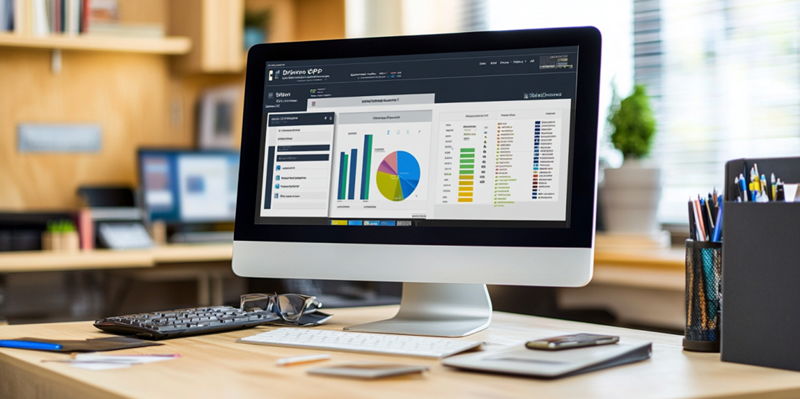In today’s rapidly evolving business environment, maintaining robust security and up-to-date functionalities is crucial for achieving sustainable growth. Upgrading to the latest version of Microsoft Dynamics GP offers a host of advantages that go beyond just keeping pace with technological advancements. Enhanced security measures and improved compliance protocols ensure that your data is safeguarded and that your operations meet stringent regulatory standards. One notable improvement in the latest version is the adoption of updated security protocols specifically designed to counter contemporary threats, thus protecting sensitive corporate information from potential breaches. Businesses not only mitigate risks but also gain peace of mind knowing their data integrity is maintained.
Upgrading Microsoft Dynamics GP offers numerous advantages well beyond improved security. The latest version features enhanced financial management and advanced reporting tools that optimize business processes. Companies benefit from streamlined accounting tasks that reduce manual effort and minimize errors. Enhanced reporting allows for easier access to vital data, enabling insightful analysis and informed decision-making. One notable benefit is the seamless integration with other Microsoft products like Office 365 and Power BI, ensuring better compatibility and enhanced collaboration across various platforms. Additionally, upgraded users receive continuous support, including timely patches, updates, and technical assistance. This ongoing support is crucial for addressing vulnerabilities found in outdated versions and keeping businesses competitive. By upgrading promptly, companies avoid the downsides of obsolete features and harness growth opportunities, effectively future-proofing their operations. For more detailed insights and guidance on the upgrade process, visit Mekorma’s blog post.

